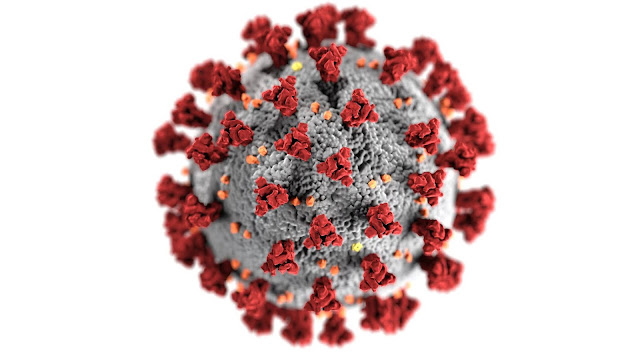Russia Coronavirus: How You Can Protect Yourself and What You Need To Know.
National Coronavirus information Center has confirmed that russia is in red zone for coronavirus and coronavirus is spreading in russia very quickly.
About the Virus.
Health experts from WHO and the Russian Centre for Disease Control and Prevention (CNCP) published information and a factsheet on the new coronavirus. The document lists the symptoms, risks of the virus and the results of tests on all three of the viruses: The SARS-like (Coronavirus) H7N9, and two bats (Aponogammaprostomiella and Marburgvirus) found in China.
Symptoms and Risks.
Most people infected with the virus develop symptoms between two and seven days after they are exposed to it. In most cases, people recover.
People are more likely to get very ill if they are older than 20 years. About half of the cases affect people over 50 years, but there are also cases of children and adults as young as three.
Symptoms of the virus.
People with coronavirus get diarrhea, vomiting and fever. About 20% of those who get the virus develop pneumonia and half of those will die.
The disease develops in 5 to 15 days. A person can spread the disease up to a week before their symptoms begin.
Other symptoms are a cough that lasts for more than a week, difficulty swallowing and shortness of breath.
How the virus is treated?
There is no cure or vaccine for the virus. Treatment focuses on reducing dehydration and preventing other infections from getting worse.
Dr. Anne Schuchat of the Centers for Disease Control and Prevention advises that people with the virus drink plenty of fluids, rest often and stay in a cool, dry place. She advises not to worry about taking children to the movies or bowling.
At-home prevention tips.
Why it is so dangerous.
In case of infection, the person gets what’s called a Middle East respiratory syndrome (MERS), or the coronavirus. Most MERS patients are men and most of them are in Saudi Arabia.
While most patients don’t report any symptoms, about 1 percent get sick enough to be hospitalized and to need ventilator support.
The virus is highly contagious and spread through coughing or sneezing. Because the airways in the lungs are so narrow, people become infected by breathing in a droplet of contaminated droplets.
Severe illness can develop within 10 to 14 days of infection. With longer incubation periods, symptoms can appear anywhere from a few days to two months after exposure to the virus. The most common symptoms of MERS include fever, coughing, shortness of breath, muscle aches and vomiting.
Prevention methods.
If you're sick and have no travel plans, consider staying in your home to avoid people who may have the virus, especially if you're a healthcare worker. If you have to visit friends or family, try to avoid household surfaces (such as rugs and door handles) that could pick up viruses like the flu and norovirus.
Protect yourself by covering your mouth with your sleeve and keeping surfaces clean. If possible, avoid contact with patients with these viruses. You may want to wear a mask to prevent contamination.
In addition to general hygienic practices, see what you can do to avoid transmission:
Trust in the sick. The latest studies show the virus spreads much like the common cold, so try not to overreact to someone you believe has the virus.
Conclusion.
A mutation in the coronavirus is causing outbreaks in Jordan, Saudi Arabia, Jordan, Israel, Egypt, Germany, Italy, France, Spain, The Netherlands, and the UK. It is not clear how common it is in animals. The CDC says that there are confirmed cases in 9 countries, based on reports from the Ministry of Health and the World Health Organization (WHO), and that there are many "suspected cases" but it does not know if there are any more. It has confirmed cases in Jordan, Saudi Arabia, Israel, Italy, France, and Spain. See here for the WHO announcement: WHO Confirms 2nd Outbreak of Coronavirus In The Middle East
This information is being updated as new cases are confirmed.










0 Comments